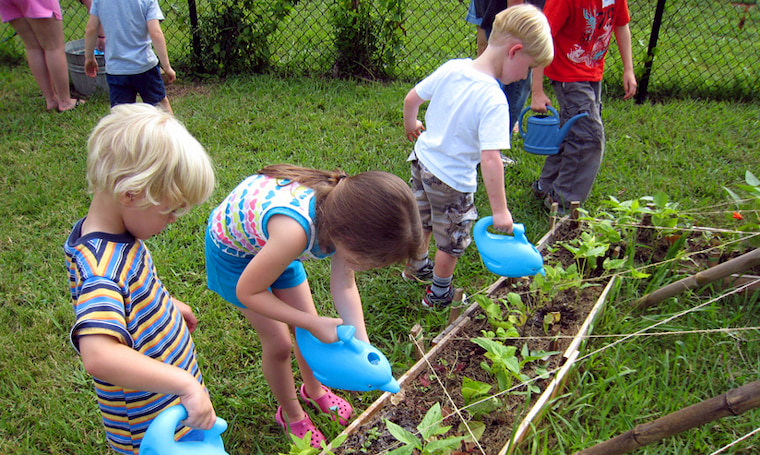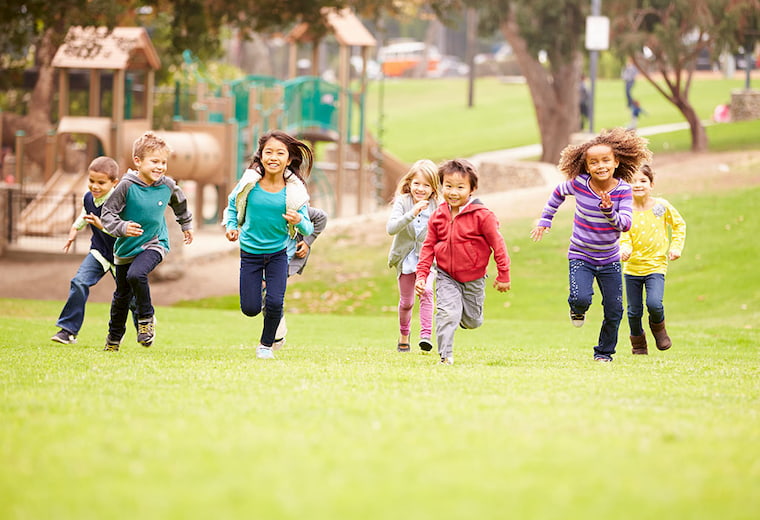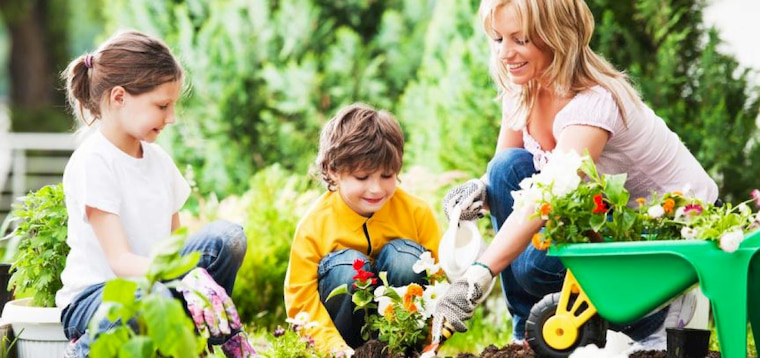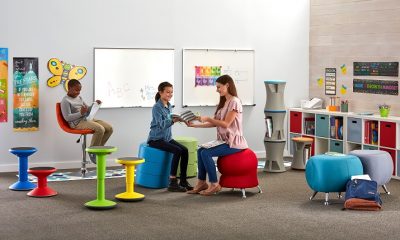Knowledge & Education
The Benefits of Sustainable Practices in Childcare
The first years of life are the building blocks that form the basis of our personality. The values and skills thought to a young child will become significant for shaping his/her adult attitude and behaviour. For that reason, it’s important that the environment children grow up is one that nurtures love, compassion, patience and other virtuous traits.
While you may do your best as a parent, the way your little one develops is not entirely up to you. After all, it takes a village to raise a child. And in this busy world, we can’t deny the importance of childcare for helping to bring up our little ones.
With that being said, if you want your kid to grow up into the kind of person that respects and cares for the environment, it’s important that the childcare facility he/she spends the day also contributes to this. In other words, you want to pick a childcare centre that teaches children the importance of sustainability through example.

What Is Sustainability in Childcare?
Sustainability is a growing trend that many individuals and corporations have joined in order to minimise pollution and the damage to the environment. With that being said, currently, there’s also a growing implementation of a variety of sustainable practices in childcare facilities throughout Australia. Examples of the practices childcare workers use to teach children sustainability are:
- conserving water with the help of stickers on taps and collecting rainwater with buckets;
- giving advice on how to save energy, such as turning off lights and using rechargeable batteries for toys;
- sorting waste after meals and encouraging children to use reusable containers and water bottles;
- using food waste to create compost;
- caring for worm farms and collecting “worm juice” to use as fertiliser for garden patches;
- tending to garden patches with fruit, vegetables, herbs or flowers;
- using recyclable material for arts and crafts activities;
- regular visits to wildlife parks, farms and taking nature walks;
- celebrating national and international environmental initiatives such as World Environment Day, Earth Hour, Clean Up Australia Day and National Tree Day;
- encouraging them to practice the same practices at home.
Not only are these sustainable practices in childcare good for the environment, but they also have great benefits for children’s development. Here are some of the biggest reasons we should teach kids about sustainability.

It Helps Build Good Habits
By teaching children sustainability from an early age, he or she will be more likely to develop sustainable habits that will last throughout their lifetime. Additionally, these habits can also lead to developing positive character traits. For instance, when kids are thought to repair toys and clothing and avoid buying new ones unless needed, they learn how to be thrifty which is an important skill for managing finances in the future. When they learn to hold on to thrash until they find a garbage bin or a recycling bin, they learn how to be patient and the keep the environment they live in clean. When they tend to a garden, a worm farm or feed live animals, they learn how to take care of other living things besides themselves which teaches them to be self-less.
It Helps Children Become More Independent
Sorting waste, recycling, caring for a garden, managing the energy use in a household and etc – these are all tasks that children will have to do on their own at some point in their lives. So, when they’re exposed to these responsibilities early on, children will find transitioning to independence easier when the time comes. When they come home from daycare, ask your children to continue doing the same practices and praise them when they do. This positive encouragement can make children feel proud of being a productive member of the household. As a result, they will be less likely to consider everyday household tasks to be boring or tiresome in the future. And this can also help them stay more organised and be better at managing their responsibilities.

Garden Work Is Good for Their Health
When a childcare facility implements gardening, children get to spend more time outdoors in the sun and play with dirt. And this provides that much needed contact with microorganisms in the soil which is crucial for the development of a strong immune system able to fight off allergies and asthma. Plus, it’s out there in the sunshine, so you can be sure your child will get that much-needed vitamin D for proper bone growth. Gardening is great for keeping children fit too. Activities like digging or carrying a watering bucket can be a great form of exercise and can help release excess energy in hyperactive children.
It Encourages Them to Take Environmental Action
And finally, when children observe how their garden thrives by regular care, they begin to understand the effect of their actions. When they’re taught that recycling, water conservation and other sustainable practices affect the environment, they will be more likely to understand the impact they can have on the future of our planet. As a result, they will be encouraged to take environmental action in the future as opposed to sitting idly like many of the adults do today.
As a proud Pisces known for the selflessness, Olivia joined up the blog fascinated by the idea she can help readers with info on topics and their related benefits like health and beauty, travel, food and drinks. When not writing, she likes to call it a day reading comic books in the company of her Tonkinese cat Chatty or binge-watching The Big Bang Theory with her SO like the nerd she is.


























